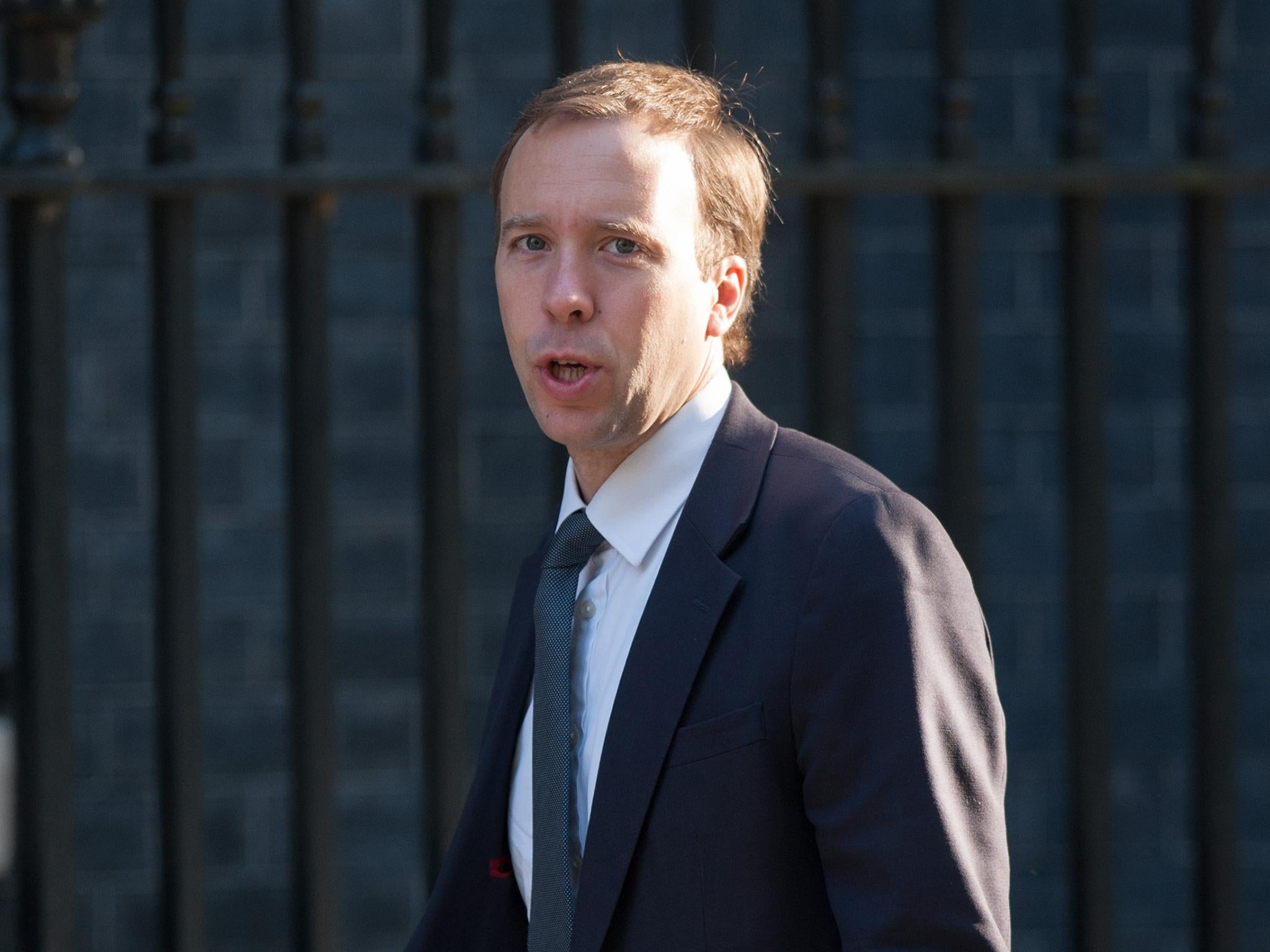The Data Protection bill needs strengthening if tech companies are to be held to account
The current scandal, which will not be the only one, shows the need for criminal penalties, including the deterrent of jail sentences


“The use of personal data for targeted ads will become a big controversy,” a senior figure in the advertising world told me. It took time – this was five years ago – but he was right.
Our politicians knew it was coming, but put off updating the 2003 Communications Act. The need for tighter regulation in the digital era was placed in the “too difficult” box. Ministers trotted out the lame old excuse that any new law could not keep up with rapid technological change.
Now the scandal embroiling Cambridge Analytica and Facebook will force the Government to go further than it planned in its long overdue Data Protection Bill now going through Parliament. Matt Hancock, the Digital, Culture, Media and Sport Secretary, has conceded that the Information Commissioner may need more powers such as on-the-spot searches and the right to compel people to give evidence. It is ludicrous that it took Elizabeth Denham, the Commissioner, at least five days to secure a warrant so her team could inspect Cambridge Analytica’s London offices.
Hancock needs to do more than tinkering. The Bill is due to become law by May but it would be better to delay it slightly to make it tough enough. The measure includes fines of up to 4 per cent of global turnover if social media firms break the rules. But the current scandal, which will not be the only one, shows the need for criminal penalties, including the deterrent of jail sentences.
Hancock should be good to his own word: as a backbencher, he called for bad bankers to face prison terms following the financial crisis. He proposed a new crime of professional gross negligence for senior managers of “systemically-important financial institutions”. Surely, the internet giants are “systemically-important” now?
The Information Commissioner and the Electoral Commission need more resources as well as more powers. They are outgunned by the deep pockets of the tech giants. Perhaps politicians don’t want them to look too closely at the campaigns run by their own parties. As The Independent revealed today, parties will be given special rights under the current Bill to process personal data. It’s difficult to justify this without further safeguards now that Cambridge Analytica, which worked on Donald Trump’s presidential campaign, obtained Facebook data about 50 million Americans without consent.
The Conservatives spent £2.1m on Facebook advertising at last year’s general election, compared with Labour’s £557,000. True, it’s refreshing that the Tories could not buy success. Labour’s social media effort was infinitely more powerful because its messages were shared by a genuine movement inspired by Jeremy Corbyn. Overall, the Tories spent £18.6m, almost the maximum allowed by law, and Labour £11m. The old cliche about not being able to sell a bad product rings true.
But Labour’s moral victory does not remove the need for tighter rules. Our elections have become dark. Millions of voters receive targeted political messages that are invisible to the wider public and the players attacked by their opponents. This allows untruths to spread and parties to avoid the scrutiny guaranteed by the traditional media. It is unhealthy for our democracy.

We need a version of the Honest Ads Act which is being discussed by the US Congress. Facebook – surprise, surprise – is lobbying against it, even though such companies have surely forfeited the right to police themselves and decide what is right for us. The Act would bring in disclosure rules for online political advertising, so the public know who paid for an ad, how much it cost and whom it targeted. Tech firms would have to retain copies of such ads, and make them publicly available. (In Channel 4 News’s brilliant undercover expose this week, Cambridge Analytica boasted that attack ads could be made to disappear without trace after their dirty work was done).
So the Government should back Labour’s proposal to give the Electoral Commission the power to serve a “targeted disclosure notice” on anyone suspected of seeking to influence an election or referendum. Indeed, I suspect there are more revelations to come about the Brexit referendum. Cambridge Analytica’s name was certainly on the lips of Leave campaigners at the time. The company once boasted of its role but later denied it played any part, as do Leave campaigners. But Aggregate IQ, a Canadian firm outside UK jurisdiction and owned, like Cambridge Analytica, by the Trump ally Robert Mercer, was involved. The current scandal shows we need a full inquiry into the role of these companies and Facebook in the 2016 referendum and last year’s election.
Of course, some people will argue that the current storm and demands for new regulation are being whipped up by a liberal establishment sore about Trump and Brexit. There is a one-word answer to that – Russia. Do we really want Vladimir Putin to be able to influence our next election? That’s something all Tories should think about.
Join our commenting forum
Join thought-provoking conversations, follow other Independent readers and see their replies
Comments
Bookmark popover
Removed from bookmarks